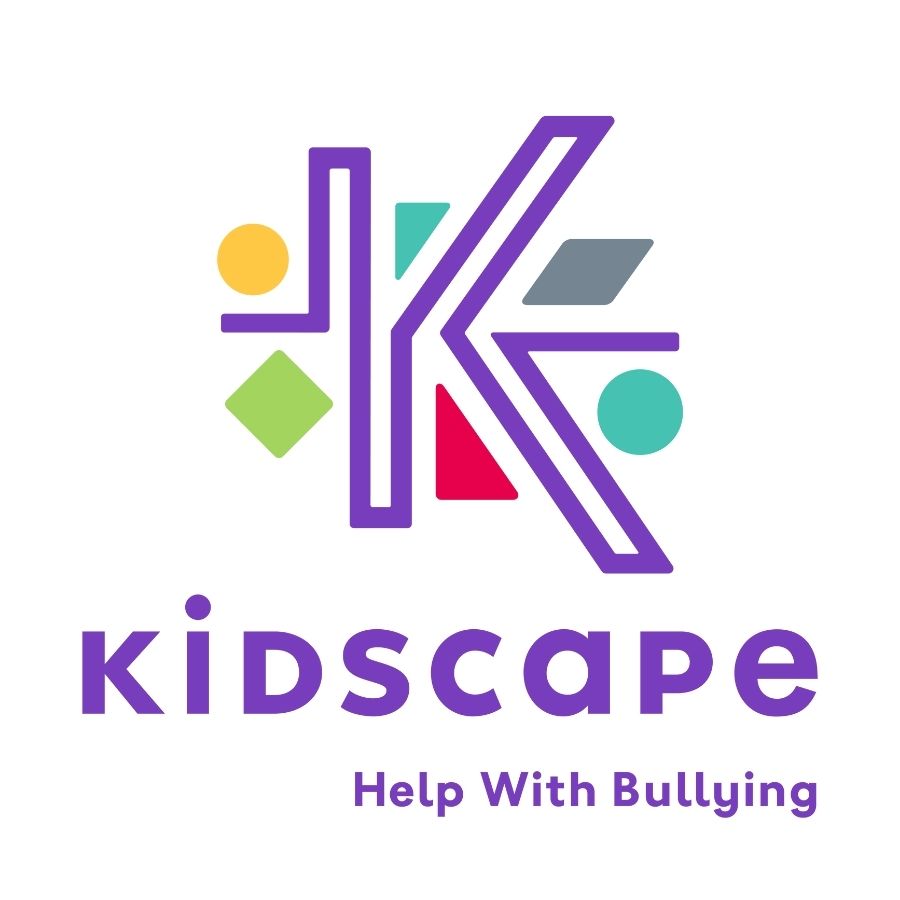
How You Can Help
- Simply book your next holiday with Charitable Travel and tell us you want to support Kidscape. The charity will then benefit from the free donation you can make as part of the booking process. To read more about how this works, head to our ‘About Us‘ page.
- If you want to make a donation to Kidscape and you are not booking a holiday, click here to visit their website.
- Visit kidscape.org.uk to sign up to newsletters, and follow the Kidscape social media pages, and help spread the word.
How You Can Help
How You Can Help
- Simply book your next holiday with Charitable Travel and tell us you want to support Kidscape. The charity will then benefit from the free donation you can make as part of the booking process. To read more about how this works, head to our ‘About Us‘ page.
- If you want to make a donation to Kidscape and you are not booking a holiday, click here to visit their website.
- Visit kidscape.org.uk to sign up to newsletters, and follow the Kidscape social media pages, and help spread the word.
- Simply book your next holiday with Charitable Travel and tell us you want to support Kidscape. The charity will then benefit from the free donation you can make as part of the booking process. To read more about how this works, head to our ‘About Us‘ page.
- If you want to make a donation to Kidscape and you are not booking a holiday, click here to visit their website.
- Visit kidscape.org.uk to sign up to newsletters, and follow the Kidscape social media pages, and help spread the word.

Kidscape helps children, families, and professionals with advice, training, and practical tools to prevent bullying and protect lives.
Founded in 1985, Kidscape has a long history of providing practical support to children and families impacted by bullying. Bullying is a form of peer-on-peer abuse and there is a wealth of research showing the significant impact of bullying on physical and mental health. Kidscape’s aim is to see all children grow up in supportive communities safe from bullying and harm.
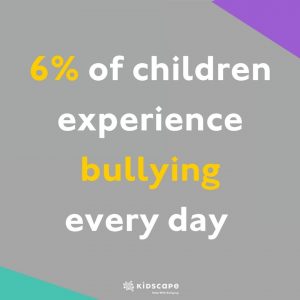
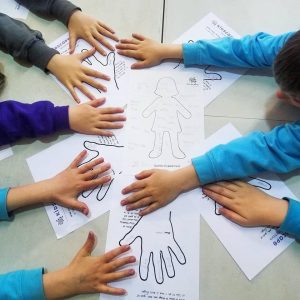
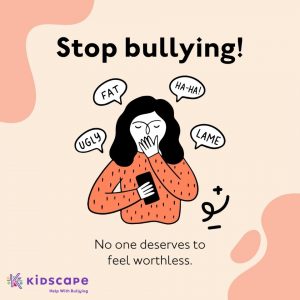
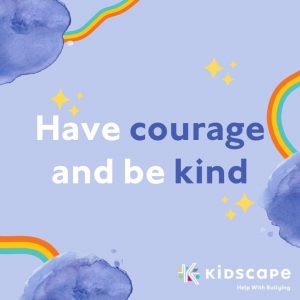
There are four main ways that we reduce the impact of bullying and harm:
- Building communities of support
- Reducing isolation and loneliness
- Promoting positive relationships
- Supporting resilience and wellbeing
Bullying is a child protection issue and we all have a legal duty to keep children safe from bullying and harm.
Our work includes online advice and resources, a parent advice line, and face-to-face workshops for children and families that build awareness and resilience, delivered both in schools and the community. In the last year, we have worked with over 4,000 children and young people throughout England and Wales, and we have trained over 2,000 professionals in safeguarding, bullying awareness, peer mentoring and digital safety to help keep children safe.
The impact of bullying
Bullying behaviour can take many forms, such as verbal, physical, or emotional, and can happen in schools, in the community, in the home, and online.
Anxiety, mental health problems and low self-confidence are common among children who have experienced bullying, and the negative, long-term effects can be felt into their adult lives. Children who are bullied are eight times more likely to develop depression in childhood with greater patterns of depression in adulthood (Kwong et al in JAMA Open Network, 2019).
The impact of COVID
Throughout the Coronavirus pandemic, children have been going through a time of dramatic change and insecurity. While some will have enjoyed spending extra time with their family, others will have experienced extreme loneliness, or will have been living with parents under pressure, bearing witness to increased levels of violence, anger, insecurity, and fear. Research from the Anti-Bullying Alliance with 400 children in February 2021 found that 68% of young people said they feel less connected to their friendships than before the pandemic.
Children and young people have also been spending much more time than usual online, both for education and for socialising, increasing the likelihood of cyber-bullying taking place and exposure to other online harms.
In addition, we recognise the huge pressures on parents and carers during this time, with many juggling work, childcare, home schooling and household responsibilities. In the interests of a holistic approach to improving children’s lives, we have been taking this into consideration for our current and future work.
Get in touch
8-10 South Street, Epsom, Surrey KT18 7PF
Reg Charity no. 326864








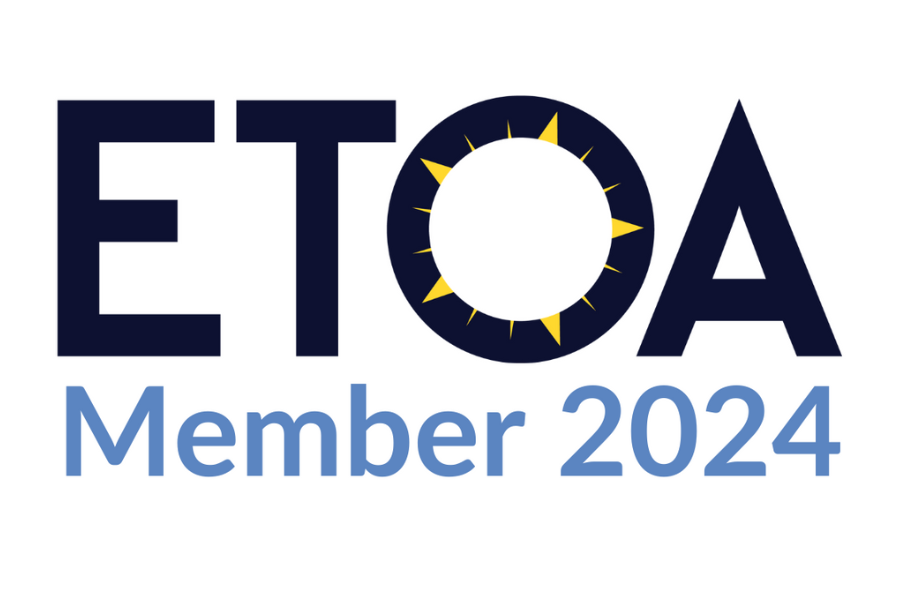
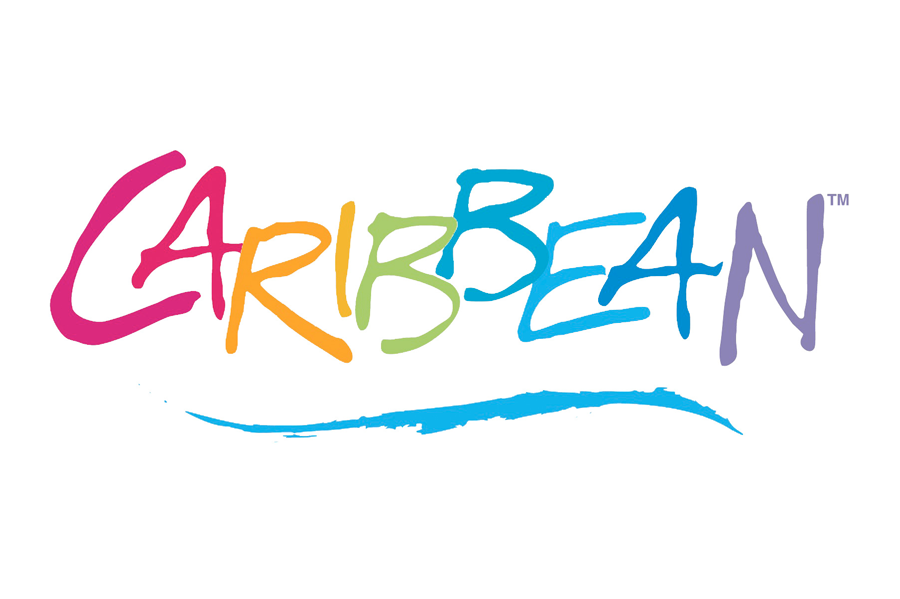
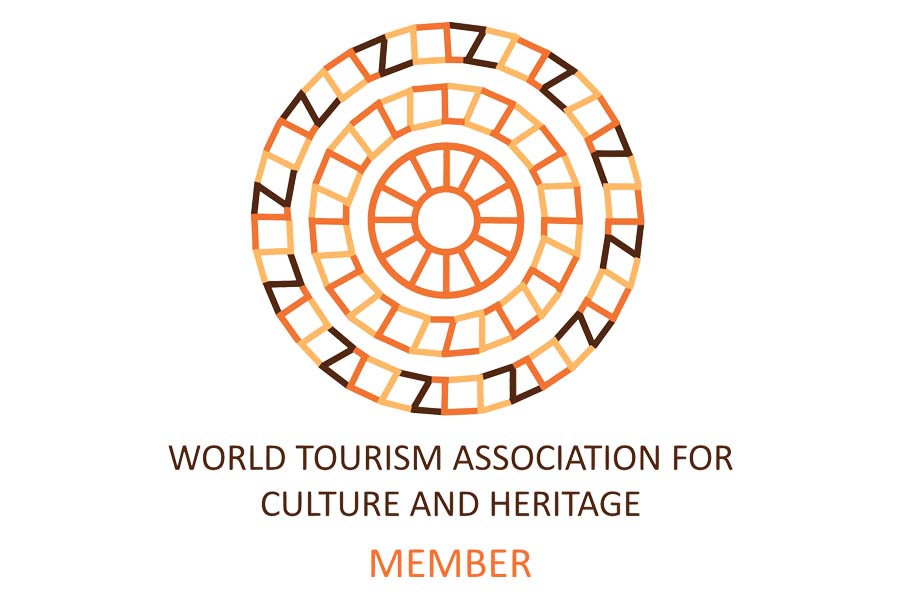
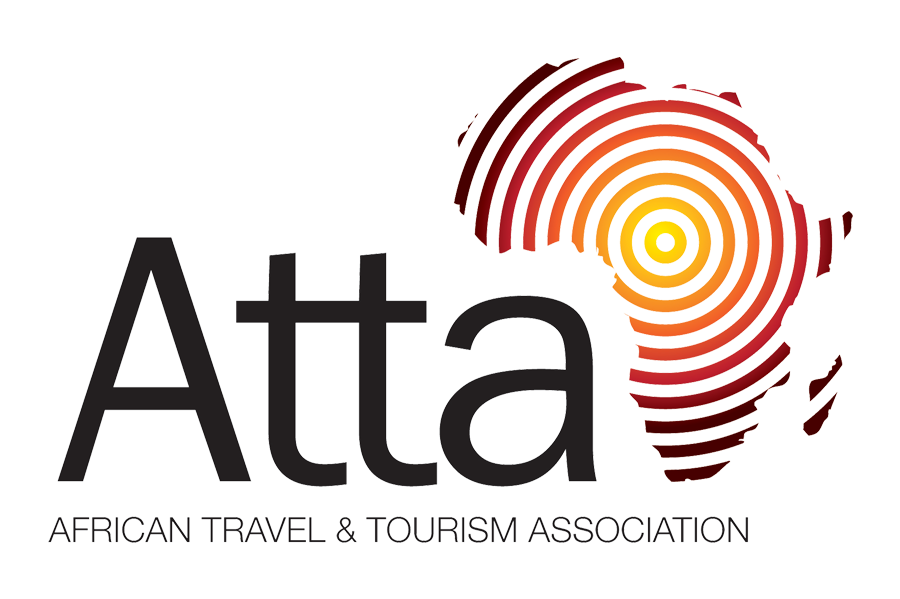





 by net effect
by net effect